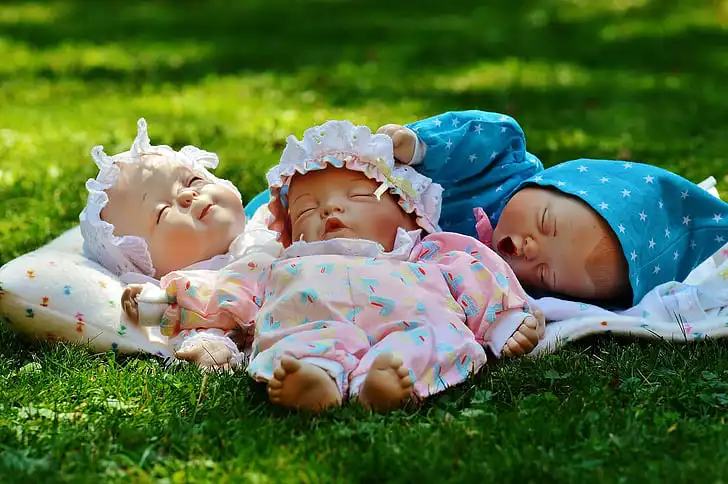Birthday parties for children are something almost every parent will coordinate at least once. They entail a substantial amount of planning, expense and stress, often causing parents to wonder if they're doing it right or if they're the only ones facing these challenges. Here, we take a look at some key findings on various aspects of children's birthday parties.
Firstly, the cost. Parents, on average, spend $314 on their child's birthday party, with one in five parents spending more than $500. The expense of these events tends to increase as the child grows older, mostly due to changes in venues, themes, and guest lists.
This leads us to the guest list. Children's birthday parties typically do not include the whole class from school. In fact, on average, about nine children are invited to these parties. However, this number can vary widely based on the age of the child, family preferences, and social circles.

Cleaning up post-party is considered the most stressful aspect of hosting a kid's birthday party by most parents. Other causes of stress include waiting for guests to RSVP and dealing with those who don't show up despite confirming their attendance.
Such expenses and stressors quickly add up when planning a child's birthday party. The birthday child might want their party at a playground with bagels, balloons, and a Paw Patrol piñata while the parents juggle between organising the event and meeting their child's expectations.
Despite the potential stress and financial expense associated with kids' birthday parties, a recent What to Expect survey of 404 mothers revealed that 97% have held or plan to hold a party for their child. This illustrates the importance parents place on these celebratory events, as they provide an opportunity to mark milestones and create memories.
The definition of a 'birthday party' can vary significantly from one family to another. Some families hold small, homemade celebrations that cost as little as $10, while others spare no expense, spending up to $7,000 on grand affairs featuring professional catering, entertainment and photography.
According to the survey, the average parent spends $314 on their child's birthday party, excluding the cost of gifts. There are demographic differences as well, with Millennial moms spending about $329, while Gen Z mothers spend around $276.
The age of the birthday child also influences the cost. Younger children's parties tend to be cheaper, with parties for one and two-year-olds costing an average of $279. The expense increases with the child's age, reaching an average cost of $344 for parties for children aged between six and ten.
Remarkably, 20% of parents reported to have spent over $500 on their children's birthday parties. However, What to Expect's Associate Shopping Director, Leah Rocketto, highlights that it is perfectly okay to spend this amount as long as it leads to a memorable celebration and isn't driven by societal pressures.
Parents who may feel the need to match the extravagance of other family's parties are encouraged to set realistic expectations early and focus more on the experience over the grandeur of the party. After all, the party's necessity is essentially up to the parents and can be as lavish or as frugal as they decide.
Rocketto suggests using the acronym FAD to remember the party essentials: Food, Activity, and Dessert. These elements do not have to be extravagant. A snack table, allowing children to play with existing toys, and store-bought cupcakes can be just as satisfying as anything more elaborate. Ultimately, birthdays are an opportunity for loved ones to celebrate the growth and milestones of the child.
To further save on expenses, parents can consider skipping goodie bags and keeping decorations minimal. With these adjustments, the party can still be enjoyable without emptying the bank account.
As children grow older and their social circles expand, parents may feel pressure to invite the entire class to the party. While this creates an environment of inclusiveness, it is not always feasible. If you can't invite the entire class, it's suggested to distribute invitations away from school, limit invites to close friends only and avoid excluding only one or two kids.
While the party might be the highlight, the cleanup can often cause the most stress followed by waiting for RSVPs and dealing with no-shows. Using disposable utensils and keeping activities simple can help ease cleanup duties. Ensuring that you are not paying per person can also ease tension related to RSVPs and no-shows, making the responsibility less burdensome.
Overall, while children's birthday parties may prove to be a stressor for parents, effective planning can help ensure that the day remains enjoyable for all involved. After all, birthdays are about celebrating the child's special day and creating lifelong memories alongside friends and family.